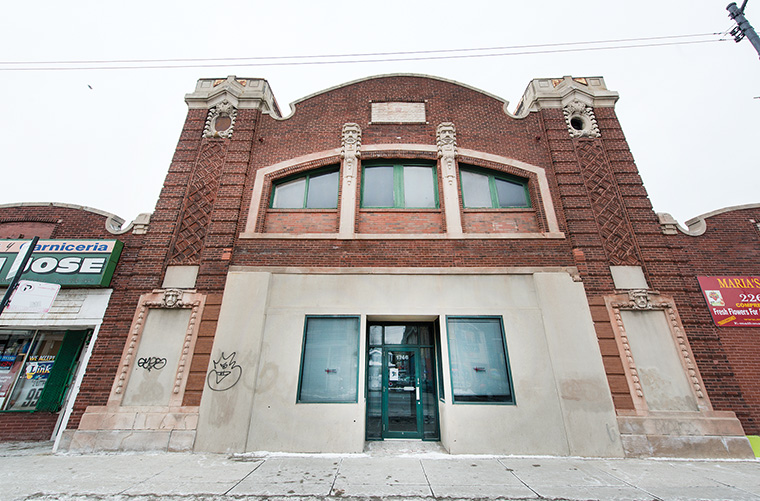Liquor moratorium dries up West Town
Liquor moratorium dries up West Town
February 3, 2014
Even in a city with a growing number of breweries, liquor moratoriums and dry precincts hamper brewers in opening up tasting rooms and bars, an obstacle that is preventing one West Town brewery from making its debut.
Plans to open Forbidden Root craft brewery at 1746 W. Chicago Ave. are on hold while owners Robert Finkel and B.J. Pichman seek to have a liquor moratorium lifted on that stretch of Chicago Avenue. Aldermen have the power to lift the bans, but Alderman Joe Moreno (1st Ward) has vowed that he will not lift any more liquor moratoriums during the remainder of his term, which ends in 2015.
According to Neal McKnight, president of the East Village Association, Moreno is working with the EVA to reduce vagrancy and substance abuse in his ward, which is why he vowed not to lift any more bans until the end of his term.
The community does not want to deal with the nuisances of alcohol use or create an opening for businesses that are not consistent with residential uses, McKnight said. He noted it wants to foster the development of locally owned businesses that mix well with the rest of the neighborhood, which is primarily residential.
“The concern isn’t directed toward Forbidden Root because we don’t have an objection toward them,” McKnight said. “We are concerned about the loss of any planning tool for the development of businesses along Chicago Avenue.”
Finkel and Pichman declined to comment.
Trent Holton, manager of Half Acre Brewery, 4257 N. Lincoln Ave., said liquor moratoriums are more likely to be in place in areas with a high concentration of families.
“We have an excellent relationship with our neighbors, and we try to reciprocate and help them out as much as we can with community events, and they have been very supportive of us,” Holton said.
Liquor moratoriums span two blocks on either side of a street, said Raymond Valadez, chief of staff for Moreno’s office. When a moratorium is lifted, other businesses in the immediate area can apply for a liquor license.
“If [the moratorium] would be lifted at the location, [Forbidden Root Brewery] would be a good business to come into the community,” Valadez said.
Using his power to lift moratoriums for certain businesses, Moreno granted a liquor license in 2012 to Garden Gourmet Market, 1130 N. Ashland Ave., which sells bottled beer and wine. He took the action because the owner worked with the EVA to reach an agreement,
McKnight said. The owner declined to comment.
McKnight explained that the moratorium was lifted in that instance because it is a store owned by someone who has lived in Chicago for years. However, some instances of lifting the moratorium have not been as successful.
According to McKnight, throughout the past decade residents of that stretch of Chicago Avenue have seen liquor license holders acting irresponsibly.
“Some of those licenses were operated by people who weren’t responsible, and sometimes those licenses are meant to prey on people who had substance abuse [issues] and also to facilitate sales to minors,” McKnight said. “We wanted to put an end to that and to a certain extent we have.”
Forbidden Root’s owners took their plans to a Jan. 23 community meeting where they attempted to negotiate with community groups and more than 300 residents. Although McKnight said both the EVA and Forbidden Root are working to meet each other’s needs, Finkel and Pichman may have to take their case to the City Council.
“I think [Finkel and Pichman] understand that we have broader issues than just Forbidden Root,” McKnight said. “We have come to understand that they’re pretty committed to the neighborhood and being good neighbors. That’s a great thing I think we are trying to find a solution that is in the best interest of the neighborhood and then allowing them to open.”








